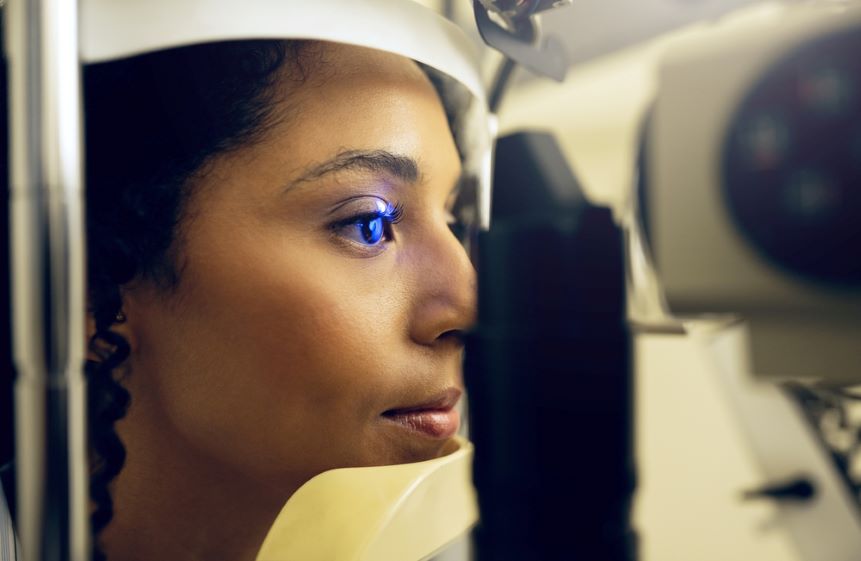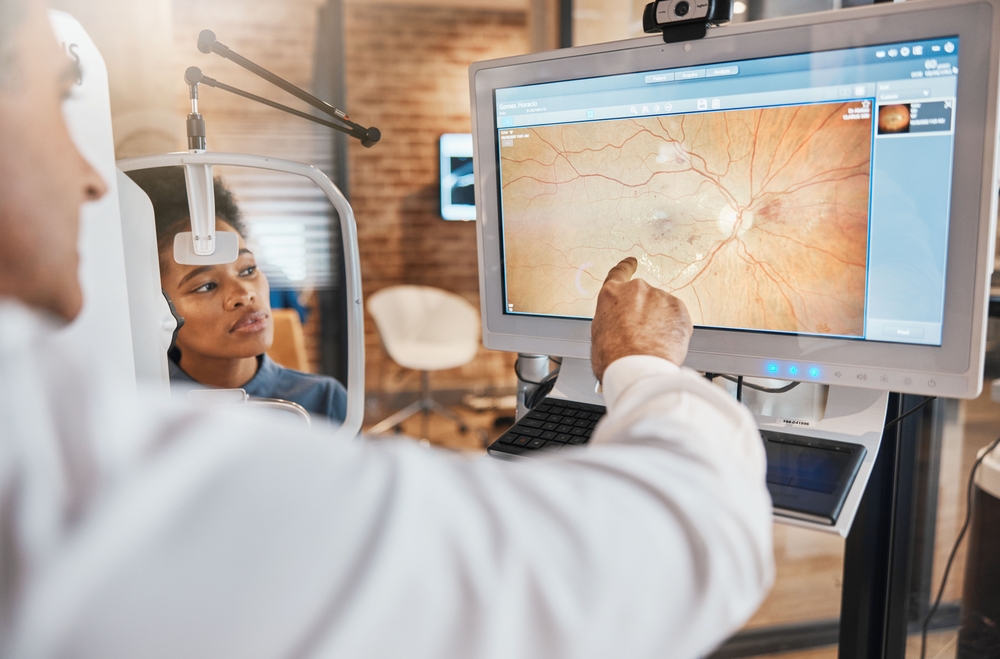An Orthoptist is a Health and Social Care Professional who specialises in the assessment, diagnosis and management of eye movement defects and issues with binocular vision.
There are multiple entry routes to the Orthoptist profession:
- BSc Orthoptics (Hons)
- Orthoptics BMedSci
- Orthoptics MSc
To become an orthoptist, an undergraduate degree or postgraduate degree in Orthoptics must be completed.
Currently, there are no courses in Ireland. Orthoptic degree courses are available in the UK and some other European countries but must be recognised by the British and Irish Orthoptic Society (BIOS).
The Irish Association of Orthoptists (IAO) is the professional body for Orthoptists working in Ireland. For more information please visit Careers Portal




